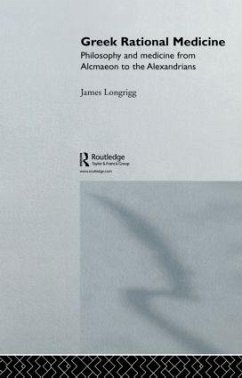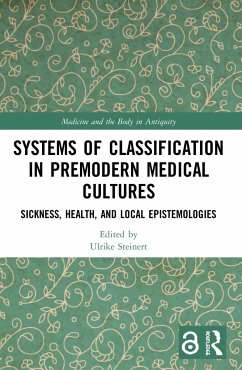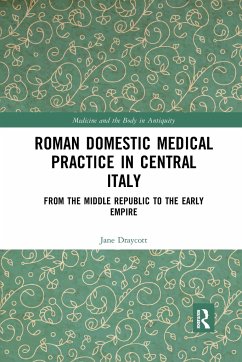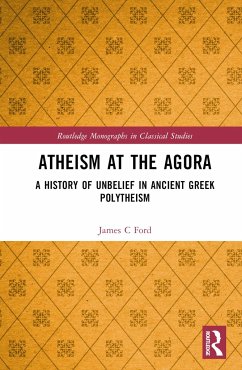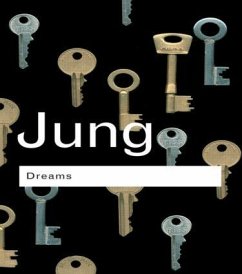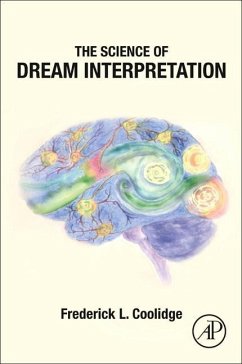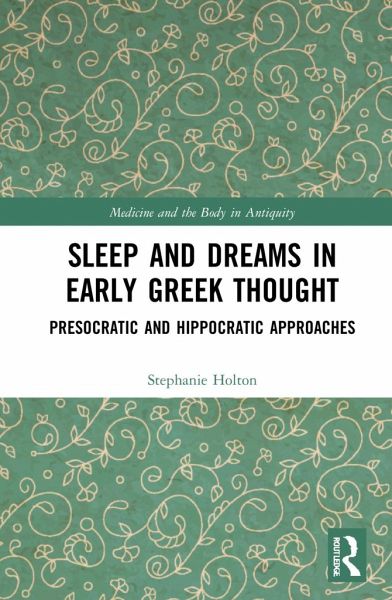
Sleep and Dreams in Early Greek Thought
Presocratic and Hippocratic Approaches
Versandkostenfrei!
Versandfertig in 6-10 Tagen
154,99 €
inkl. MwSt.
Weitere Ausgaben:

PAYBACK Punkte
77 °P sammeln!
This book examines how sleep and dreams were approached in early Greek thought, highlighting the theories of the Presocratic and Hippocratic writers on both phenomena as more varied, complex, and substantial than is usually credited.It explores how the Presocratic natural philosophers and early Hippocratic medical writers developed theories which drew from wider investigations into physiology and psychology, the natural world and the self, while also engaging with wider literary depictions and established cultural beliefs. Although the focus is predominantly on Presocratic and Hippocratic idea...
This book examines how sleep and dreams were approached in early Greek thought, highlighting the theories of the Presocratic and Hippocratic writers on both phenomena as more varied, complex, and substantial than is usually credited.
It explores how the Presocratic natural philosophers and early Hippocratic medical writers developed theories which drew from wider investigations into physiology and psychology, the natural world and the self, while also engaging with wider literary depictions and established cultural beliefs. Although the focus is predominantly on Presocratic and Hippocratic ideas, this is not exclusive: attention is devoted from the outset to sleep and dreams in Homer and the mythic tradition, as well as to depictions across lyric, drama, and historiography.
Sleep and Dreams in Early Greek Thought provides a fascinating study of this topic which will be of interest to students and scholars of ancient medicine and the history of science, Greek philosophy, and classical culture more broadly. It is accessible to students with or without knowledge of the classical languages, and also to anyone with a general interest in the beliefs of the classical world.
It explores how the Presocratic natural philosophers and early Hippocratic medical writers developed theories which drew from wider investigations into physiology and psychology, the natural world and the self, while also engaging with wider literary depictions and established cultural beliefs. Although the focus is predominantly on Presocratic and Hippocratic ideas, this is not exclusive: attention is devoted from the outset to sleep and dreams in Homer and the mythic tradition, as well as to depictions across lyric, drama, and historiography.
Sleep and Dreams in Early Greek Thought provides a fascinating study of this topic which will be of interest to students and scholars of ancient medicine and the history of science, Greek philosophy, and classical culture more broadly. It is accessible to students with or without knowledge of the classical languages, and also to anyone with a general interest in the beliefs of the classical world.





